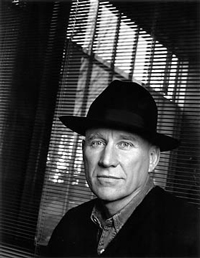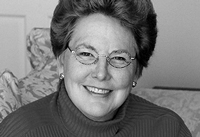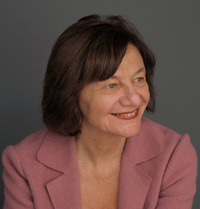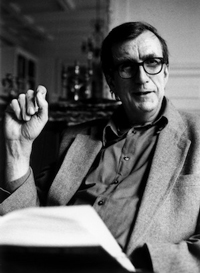A member of Magnum Photos from 1979-1994, Sebastião Salgado is twice the recipient of the Infinity Award for Photojournalism from the International Center of Photography.
Panel Discussants: N. Katherine Hayles, Shawn Brixey (Art Practice), Anne-Lise Francois (English and Comparative Literature) and Kenneth Goldberg (Industrial Engineering and Operations Research)
N. Katherine Hayles, Literature, Duke University
Postmodern literary critic N. Katherine Hayles is known for her work concerning the relationship between literature, science and technology. Hayles holds advanced degrees in both Chemistry and English, and her early work orchestrates the play of resonances between contemporary scientific paradigms and literature.
Public Reading
Panel Discussants: Eva Hoffman, Paula Fass (History), Saidiya Hartman (English), and Michael Roth (California College of Arts and Crafts)
Eva Hoffman, Writer & Academic
Eva Hoffman is the author of several books, including the widely regarded Lost in Translation: A Life in a New Language and Shtetl: The Life and Death of a Small Town and the World of Polish Jews.
Panel Discussants: Bruno Latour, Cathryn Carson (History), Gene Rochlin (Energy and Resources Group) and Paul Rabinow (Anthropology)
Bruno Latour, Sociologist & Anthropologist
Bruno Latour is Professor at the Centre de Sociologie de l’Innovation at the Ecole des Mines in Paris and Visiting Professor at the London School of Economics. His work is known for its unique incorporation of both philosophy and anthropology.



